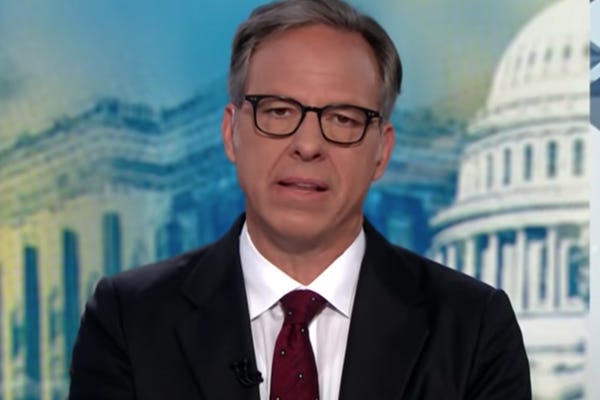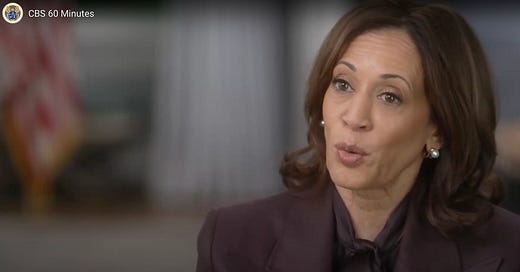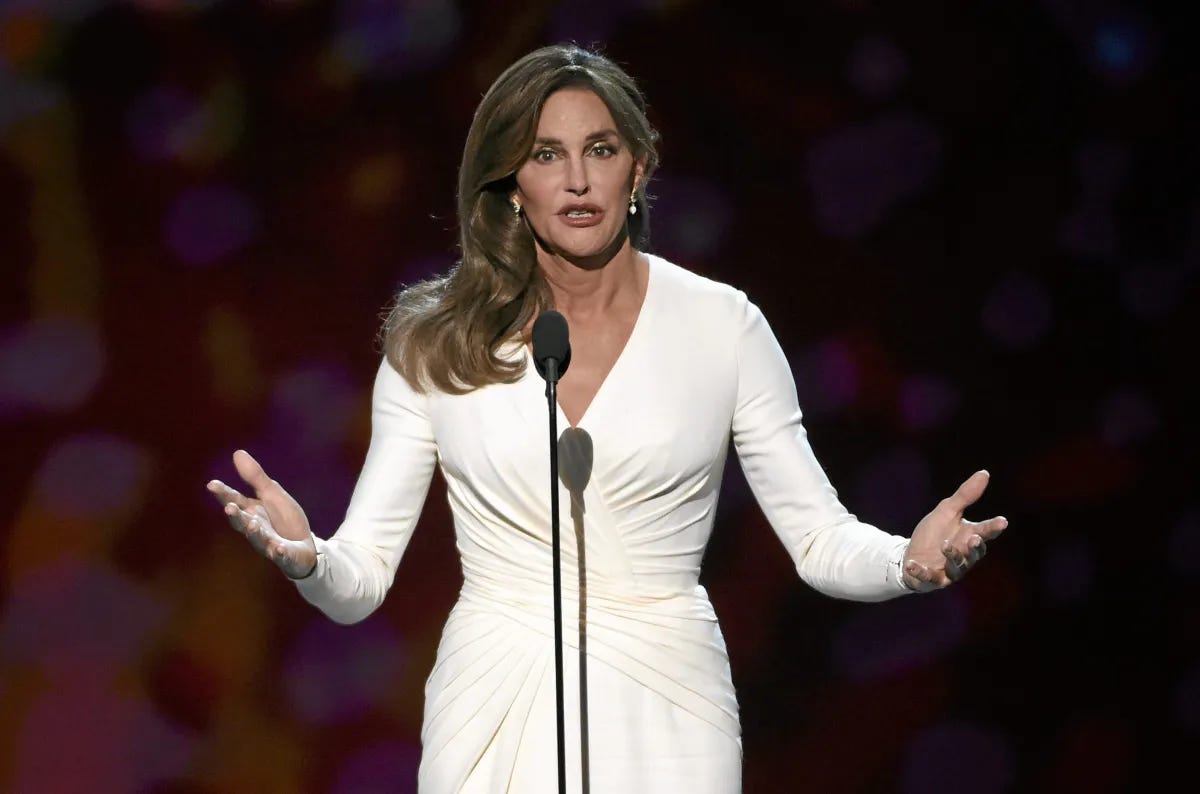The brouhaha over the 60 Minutes interview of Kamala Harris has me reflecting.
I have interviewed hundreds of people. I have treated every person I’ve interviewed the same. I do not have plans to support one person or damage another. That nonsense occurs in the cable and network news universe. But not me. I seek honest answers to challenging questions.
Before the cameras start rolling I assure the interviewee my interviews are about getting valuable information to the viewers. My style is less about conducting a Q&A and more about having a conversation. Nearly all my interviews are conversational in nature. There have been a couple of occasions when the interviewee is so stiff and non-conversational that I was forced to fall back on a strict Q&A format.
I contrast my approach with others who look for the viral You Tube or social media moment. They seek ‘click-bait material.’ What dramatic moment can we extract from this interview, they may ask themselves. They go into an interview with a hidden agenda. Any agenda other than seeking a straightforward interview is wrong.

Recently, CNN paid millions of dollars after defaming a veteran who was rescuing Afghans trapped in Afghanistan after the disastrous 2021 withdrawal. Internal communications among Jake Tapper’s staff obtained during the course of discovery revealed Tapper’s crew had planned to attack the veteran prior to the interview being conducted. For what reason is not abundantly clear. Maybe they just had it in for him.
What Jake Tapper and his staff did is unfathomable to me. It’s unprofessional, unethical and downright dishonest.
When interviewing, I do not seek, encourage or instigate a stumble or inadvertent slip-up in order to embarrass the interviewee. I tell them ahead of time I allow mulligans. “If you misstate something or believe you can better restate an answer then do so. I’m not looking for ‘gotchas.’ I’m not cable TV or the networks.” This is verbatim. I’ve said it hundreds of times.
When I finish an interview I do a couple of other things I believe few other interviewers do. I always ask, “Is there something about this topic I didn’t ask you that you believe the public should know?” Then I’ll ask them to reflect on their answers and I will give them an opportunity to restate or rephrase an answer if they believe they can improve upon it. After that, I go one step further if they have a press officer present. I’ll ask, “Here’s your free shot. Is there something else you’d like the boss to address?” I estimate less than 20% of the time does someone take advantage of these opportunities for a ‘do over’ or to extend their remarks.
The pursuit of gotcha moments appears to have escalated in the era of the internet and has skyrocketed since social media became mainstream.
In late 1999, a Boston TV reporter tripped up presidential candidate George W. Bush by asking him the names of several foreign leaders. Who leads Taiwan, India, Pakistan and Chechnya, Bush was asked. Bush only got Taiwan correct. He probably should have known the leaders of India and Pakistan, two populous countries that have significant foreign policy implications for the US. Still, the entire exercise was an effort to portray Bush as uninformed and out of touch. Because time is limited, every gotcha question asked leaves a serious policy question unasked.
To be honest, there are some colossal screw-ups I would leave in the final product. What if the prime suspect inadvertently confesses to the crime? Yeah, that doesn’t get cut. Some comments should be in the finished product because they are so odd. ABC’s George Stephanopoulos interrupted and corrected Barack Obama during a 2008 campaign interview when Obama referred to “my Muslim faith.” Stephanopoulos interjected “Christian faith.” Obama’s comment was so weird it had to stay in.
I’ve interviewed people from all walks of life. One thing I’ve noticed about government officials, especially at the federal level, is an insistence they be given the questions ahead of time. They will even plead their case claiming other organizations have given them the questions in advance. I never give them the questions. I assure them they will do just fine if they answer honestly.
There was an occasion where the press officer was having a complete meltdown over likely questions. I was concerned he would scuttle the interview. I finally drafted a dozen or so questions I said would be representative of the topics I might address. However, I didn’t ask a single one of those questions during the actual interview.
When we sat down, the interviewee had 5x7 notecards in his lap that had the sample questions and his scripted responses. After we finished, the interviewee said, “Thank you. This was great. This was really easy. We rehearsed answering the questions you sent over and even had a murder board. I didn’t need any of this,” he said as he waved his stack of notecards.
Another practice that some of the cable channels and network newscasts engage in to get an interview is checkbook journalism. This is the practice of paying a source for their story. It is unethical in the US for media to pay for an interview. Some media outlets attempt a work-around. They will not pay a subject for an interview, but will instead pay for the right to display the interviewee’s photographs or mementoes in the story. NBC News was criticized by the Society of Professional Journalists when it chartered a private jet for an interviewee and then conducted an exclusive interview during the flight. There’s no way around it. That was checkbook journalism.
According to ABC News sources, the news outlet secretly offered to have Disney’s co-owned ESPN sports network present Bruce Jenner with the Arthur Ashe Courage Award in return for an exclusive sit-down interview with Diane Sawyer before his transitioning. According to ESPN, “[r]ecipients reflect the spirit of Arthur Ashe, possessing strength in the face of adversity, courage in the face of peril and the willingness to stand up for their beliefs no matter what the cost.” Sawyer interviewed Bruce in April 2015. Several weeks later, ESPN announced Caitlyn Jenner as the award recipient despite Jenner not having participated in organized sport in four decades. Maybe there was a deal, after all.
Admittedly, interviewing someone for 45 minutes, an hour, or two hours also creates a huge dilemma. How does one edit an hour’s worth of content into a limited amount of time allotted for a news story? Tough decisions must be made.
I’m not unsympathetic to 60 Minutes and the Harris interview. In most cases, cutting out nearly every ‘um,’ ‘ah’ and ‘er’ is generally standard practice unless it presents the answer out of context. In the case of Kamala Harris, she is infamous for a stream of non-sensical word salad statements. Good luck editing that.
However, some edits can be completely dishonest. In 2003, the New York Time’s Maureen Dowd clipped 19 words from the middle of a 38-word George Bush quote that completely changed the meaning of what Bush said. That was blatant dishonesty. That’s the New York Times.
The advice I offer to anyone being interviewed is to do it live, if possible. But even then there are pitfalls if the interviewer has a dishonest agenda. When I was a company spokesman, I was invited to appear in studio on CNN’s NewsNight with Aaron Brown in October 2004. “Who would be joining us?” I asked. No one I was told. I had the entire block to myself. CNN lied by omission. The following block featured two people, Marvin Kalb and Reed Hundt, who made outrageous claims without my having an opportunity to respond to their statements.
ABC News attempted an identical trick hours later. I was booked to appear remote with Diane Sawyer on Good Morning America in the 7 o’clock hour the very next day. A GMA producer called very late the night before telling me there was a scheduling problem. I needed to sit for a taped interview at 6:30 am the following morning, but Senator Dick Durbin (D-IL) who would also appear in the segment was still going to be in the live show. I told them I would either go live facing Durbin or I would not join them. They caved. Clearly, GMA wanted to set me up so Durbin, like Kalb and Hundt the night before, could make unfounded claims without an opportunity for me to respond.
The advice I offer to anyone who asks is to bring along a camera to a taped interview. Set-up a GoPro on a tripod and record the entire interview. Have your own record of what actually transpired.
As far as interviewers are concerned, I have no advice. Those that have made up their minds to seek click-bait moments over an informative interview are unlikely to change as long as their employers accept that. Same goes for those who view an interview as a cage match where they can inflict as much damage on possible, or a family backyard game where only softballs are tossed. The public is forced to be discerning on who is honest and who is not.
Mark Hyman is a 35-year military veteran and an Emmy award-winning investigative journalist. Follow him on Twitter, Gettr, Parler, and Mastodon.world at @markhyman, and on Truth Social at @markhyman81.
Mark welcomes all news tips and story ideas in the strictest of confidence. You can reach him at markhyman.tv (at) gmail.com.





